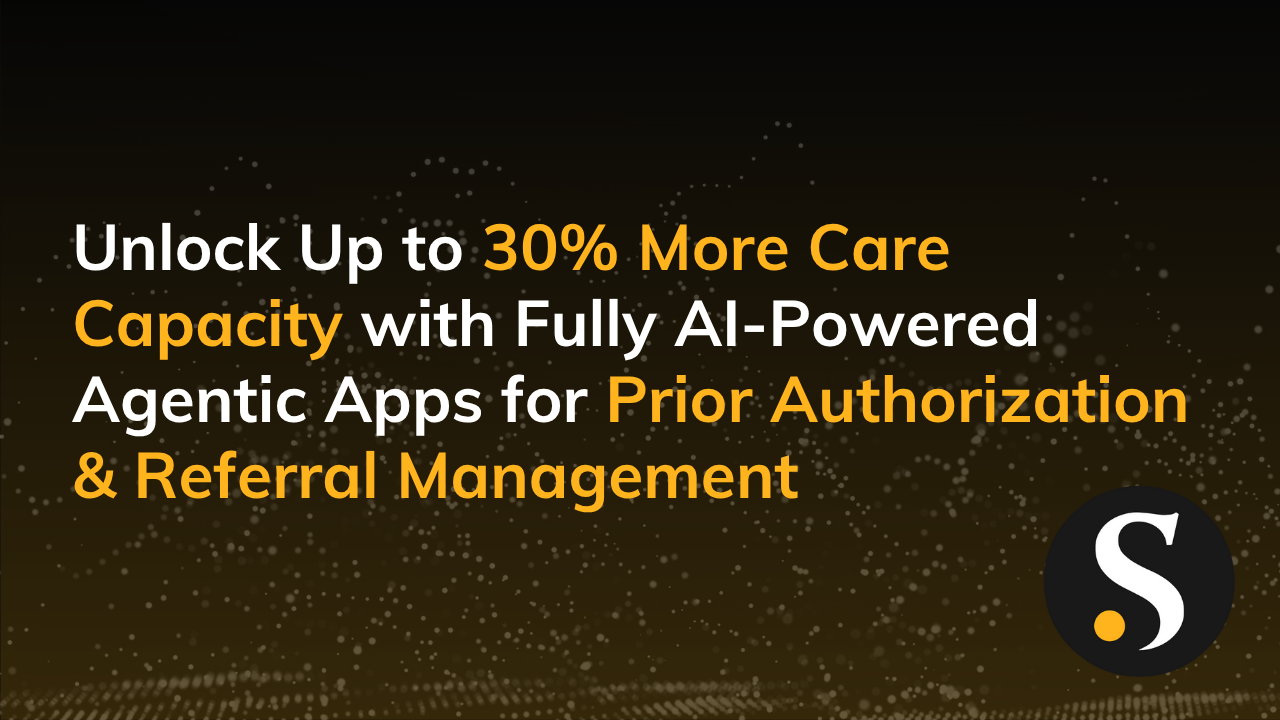We just attended Shoptalk 2022 in Las Vegas, and it was exciting to learn about all the new trends and technologies in the retail industry. Data analytics will play an even more critical role in driving customer experience, and retailers are taking note. However, implementing data-driven strategies isn’t a walk in the park—even for big national retail brands.
Here are the key challenges retailers are facing and some ways to solve them.
1. Data Privacy and Regulatory Compliance
Retailers must collect, store, and analyze customer data to deliver a personalized, interactive, and omnichannel shopping experience that meets customer expectations. Even for brick-and-mortar merchants, it’s not just about stocking shelves and moving goods anymore.
However, many retailers don’t have an IT infrastructure and processes to ensure compliance with data privacy regulations, such as GDPR and CCPA. In today’s privacy-first business landscape, retail brands need a customer data platform (CDP) with privacy, security, and compliance layers built in to gain consumer trust and avoid hefty penalties or breaches.
2. Audience Segmentation and Activation
Most brands understand the importance of segmenting their audiences to deliver relevant marketing communications. But the pendulum has swung to the other end for some as disparate data from multiple sources often results in customer profiles that are too segmented to be actionable.
AI or automation technologies alone can’t solve this challenge. Granularity without a broader perspective could cause you to miss key consumer trends. For example, if someone only buys online for the past couple of years due to the pandemic, an algorithm might tell you they don’t shop in person, and automation will only push promotions for online sales. In this case, you could be missing out on the general trend of returning to in-person shopping.
3. Social Media Acquisition Cost
Brands are grappling with skyrocketing customer acquisition costs as the price of traditional social media advertising on platforms such as Facebook and Instagram increases. Many are trying to explore the influencer economy (i.e. TikTok) to see how they can create authentic-looking and relatable promotional content.
The success of such an approach hinges upon your ability to leverage consumer data to deliver the right content to the right people and at the right time. Moreover, in the upcoming cookie-less world where access to third-party data will become limited, having the capabilities to leverage your first-party data to inform targeting will be even more critical.
4. Web3, Crypto, and the Metaverse
We expect to see a lot of growth in this industry. But so far, most retailers struggle to understand and leverage its potential. For example, how do you collect and analyze data on these decentralized platforms and implement the insights to inform your marketing strategies?
There’s still a lot to be figured out. But one thing we know for sure is that brands need an effective data structure to support their venture into the metaverse so they can effectively track customers, respond to trends, and inform internal business decisions to stay ahead of the curve.
5. Supply Chain and Vendor Management
A lack of customer insights will lead to a mismatch between supply and demand—resulting in consumer waste and expired goods (i.e. in grocery chains) because relevant data isn’t communicated to suppliers effectively and promptly to inform fulfillment and supply chain decision making.
6. Misinterpretation of Customer Data Platform
Some software organizations are claiming to be customer data platforms that help brands build 360-degree customer profiles. But in reality, they don’t truly satisfy that promise because they can’t connect to platforms outside their own ecosystems. For instance, most of these platforms only work with specific database connectors or visualization output.
To create customer profiles that are truly 360, you need a data source-agnostic CDP. For example, Skypoint isn’t limited to specific data sources. You can connect our platform to any data source you’re already using or want to use and visualize the insights on your preferred tools to create and activate unified customer profiles.
Overcoming Data Challenges in Today’s Retail Industry
Retailers now recognize the need to invest in their data infrastructure to drive sales and answer internal business questions. But implementing a complete solution is more than having a vendor drop off a platform at your virtual doorstep and say, “good luck with that.”
Most software platforms (like CRMs) don’t provide the downstream and upstream support you need to fully leverage the power of data. You must combine platform with services to maximize your investment and drive long-term success.
Here at Skypoint, our privacy-first, customer-centric approach to data empowers organizations to build personalized experiences while ensuring compliance. But we don’t just leave you with the technology. Our professional services brings 30 years of data strategy and custom app development experience to the table to help ensure that your data infrastructure is set up to meet your business objectives and support your growth.
Request a demo to see how you can leverage data to stay relevant and competitive.




